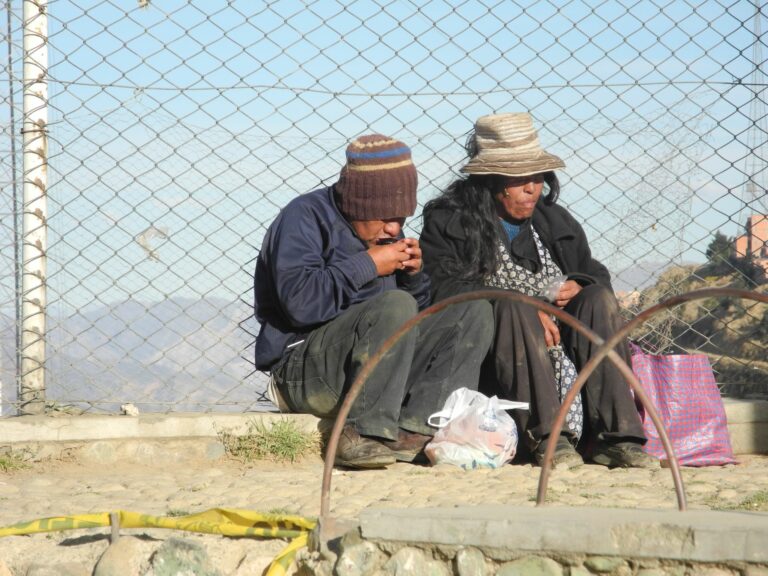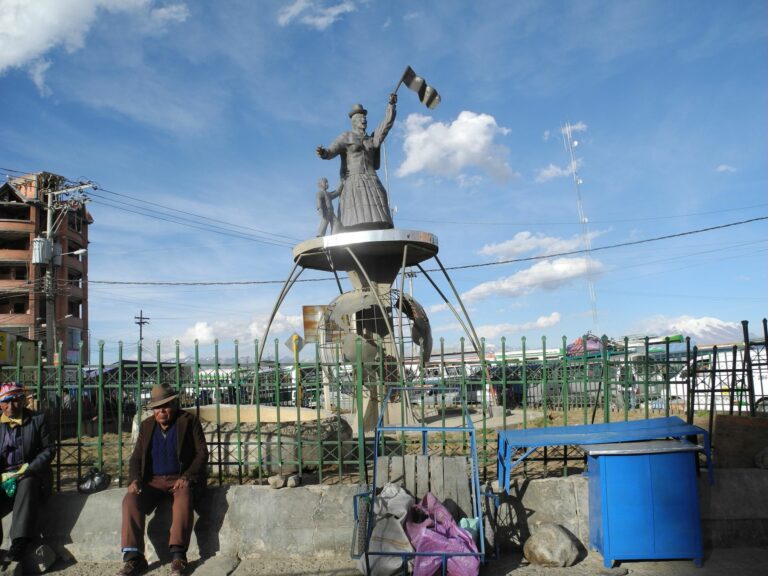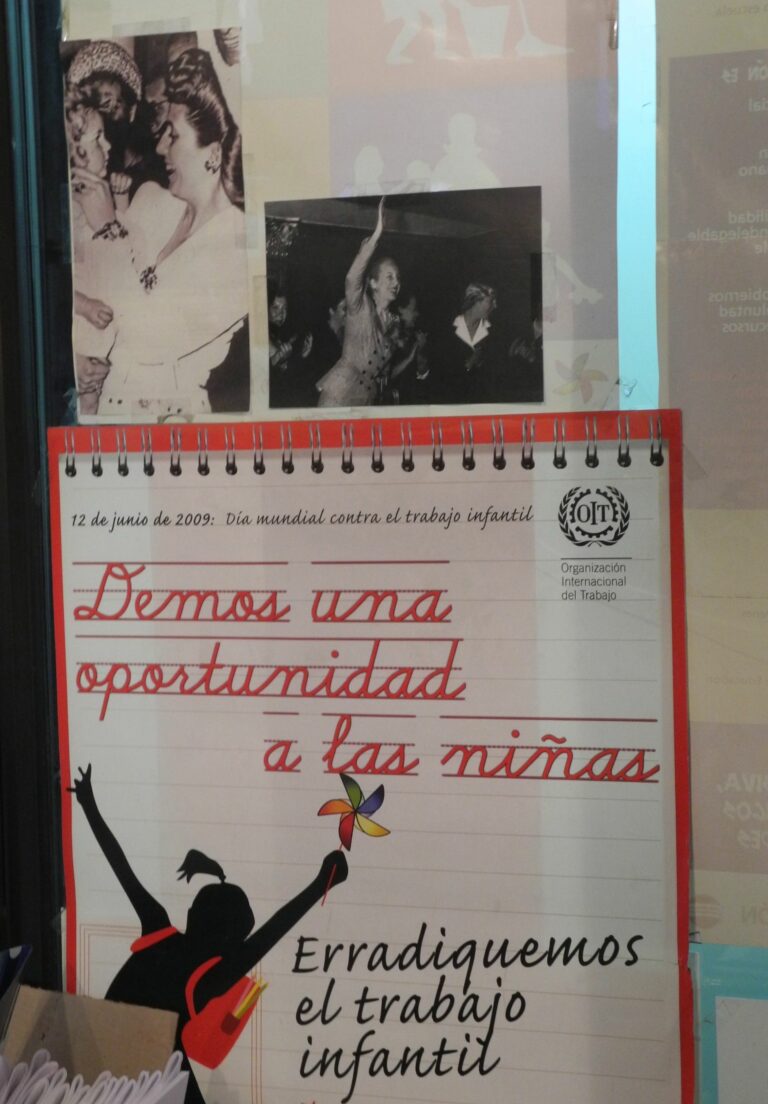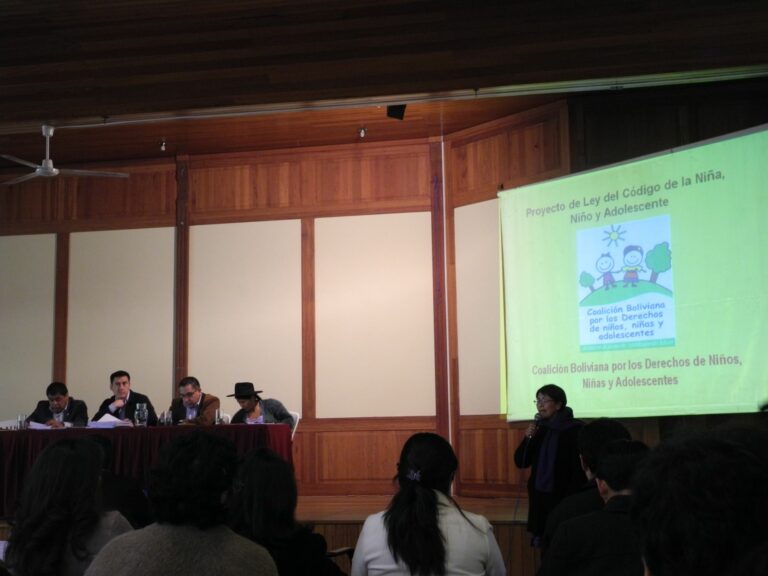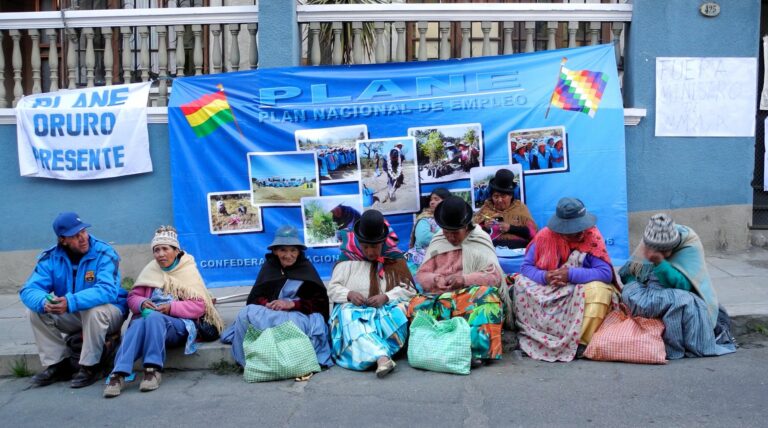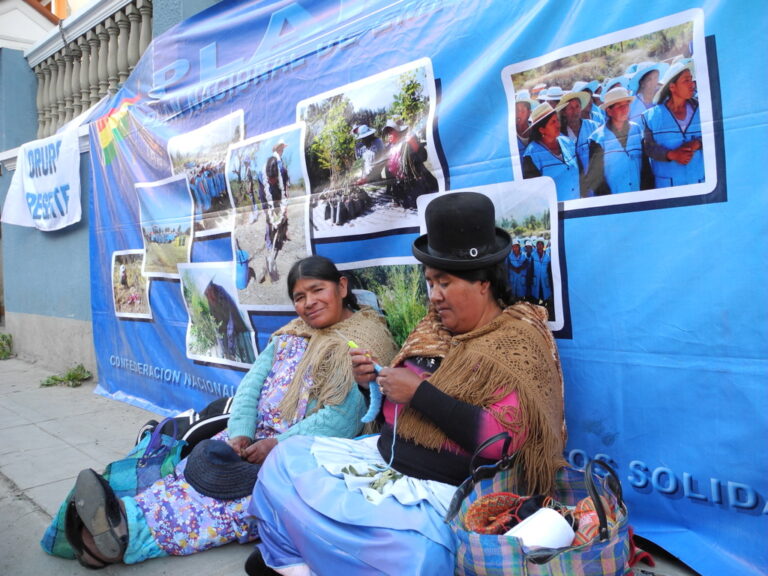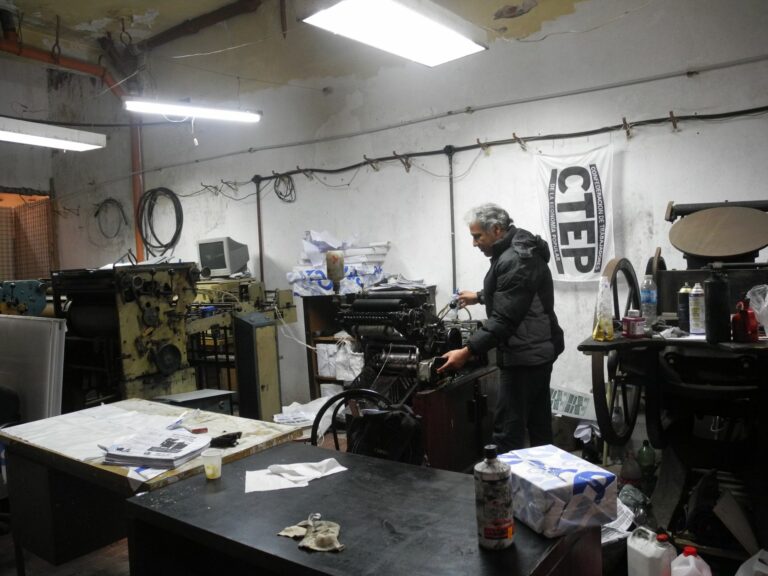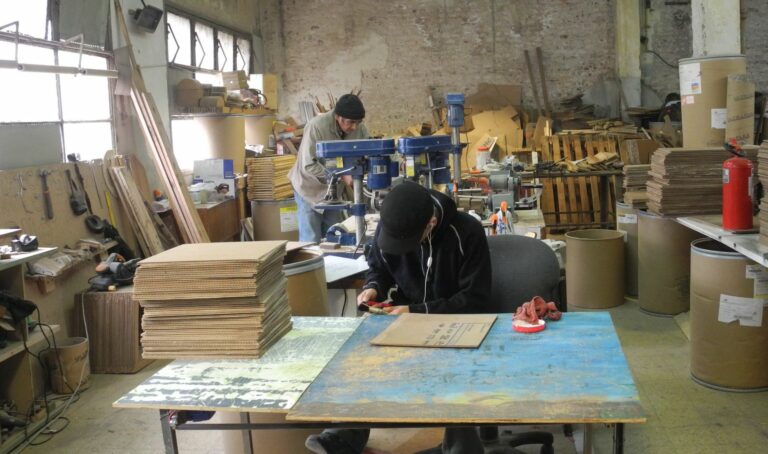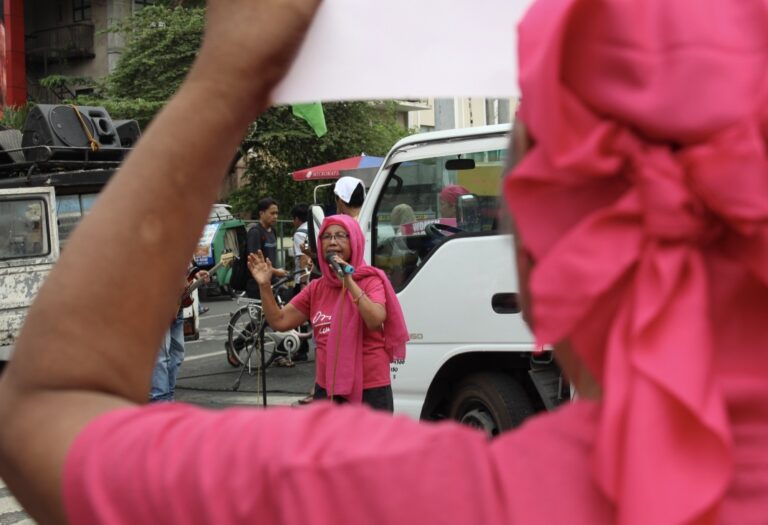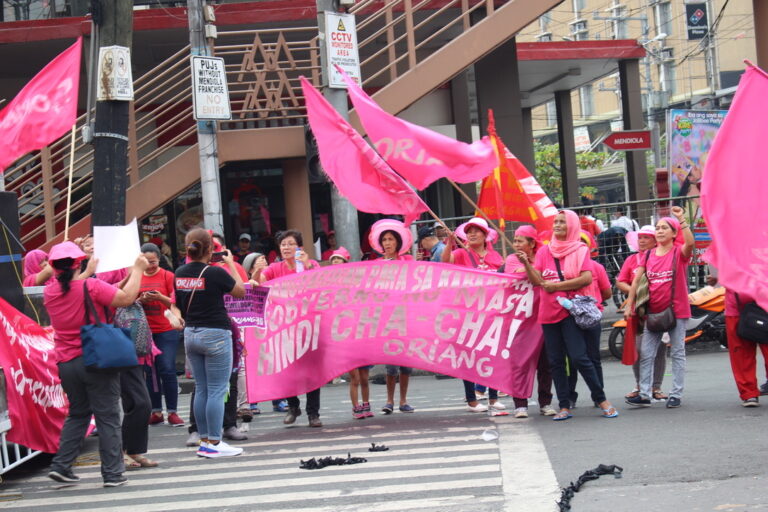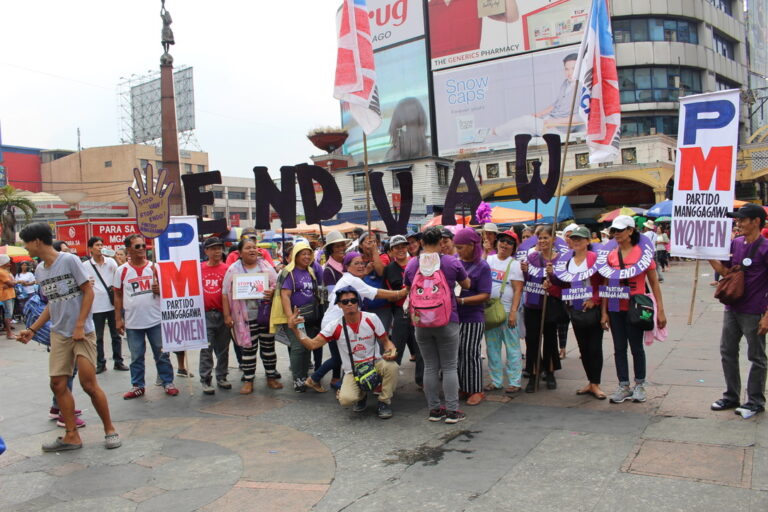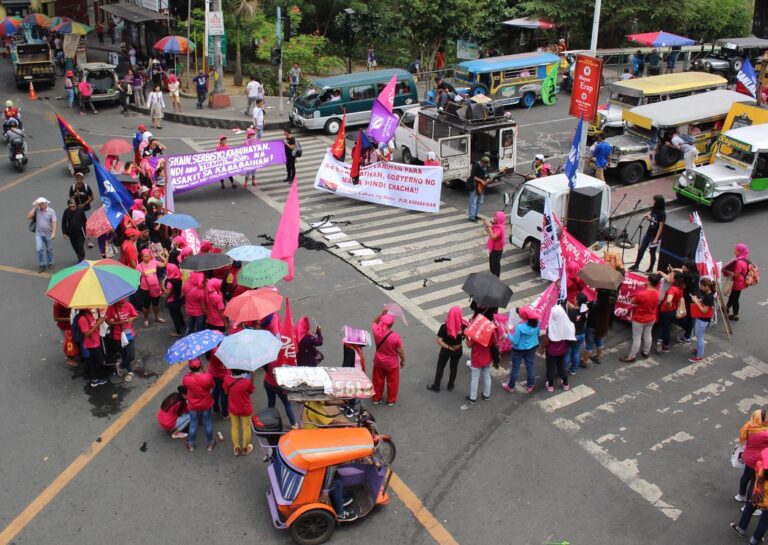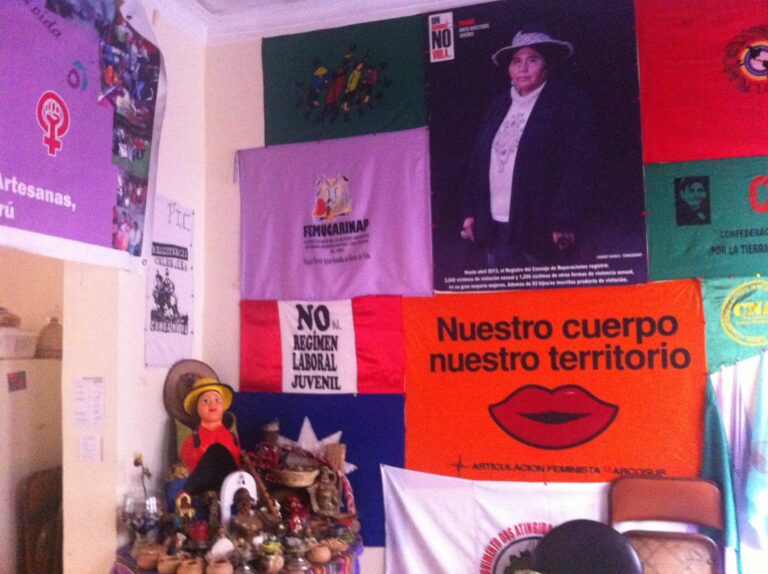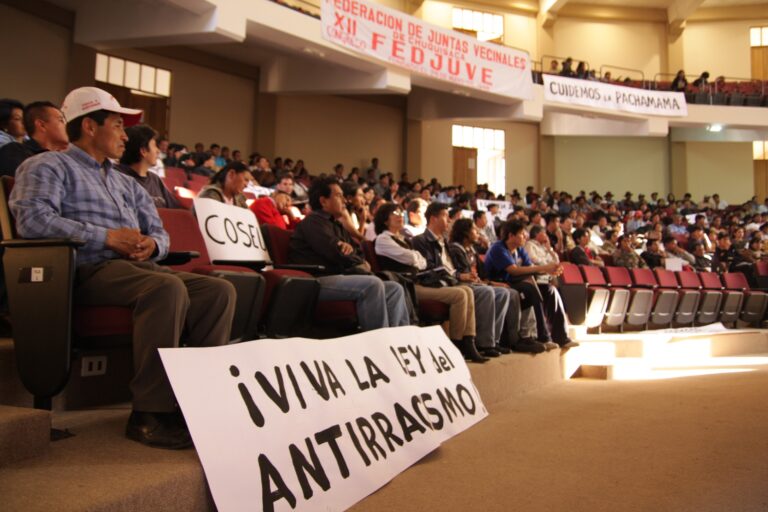Over the past 60 years, a broad set of international norms gained importance as instruments to regulate a globalising world. Enshrined in human rights conventions, these norms contribute to strengthen a platform for social mobilization and voice. The introduction of human rights standards at the domestic level, however, has also been responsible for the generation of new tensions on the interpretation and application of these norms. Yet, this type of conflict and polarization among social and political actors remain widely unexplored. This project examined how ‘human rights act in practice’ in the post-ratification phase using a multidisciplinary perspective and an empirical comparative approach. More precisely, it identified the conditions under which international norms generate consensus and cooperation versus fragmentation and conflict between domestic social and political actors and the consequences in terms of human rights practices. Empirically the project focused on vulnerable workers’ rights and particularly working children and domestic workers in Bolivia, Argentina and the Philippines.
The project was funded by a European Commission MCSA Fellowship n. 655710.

